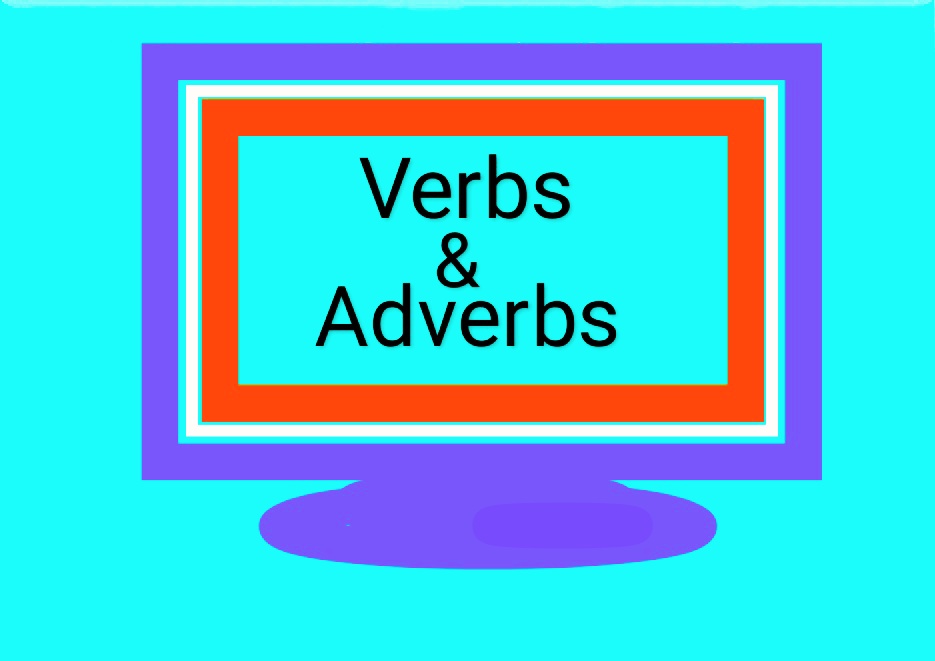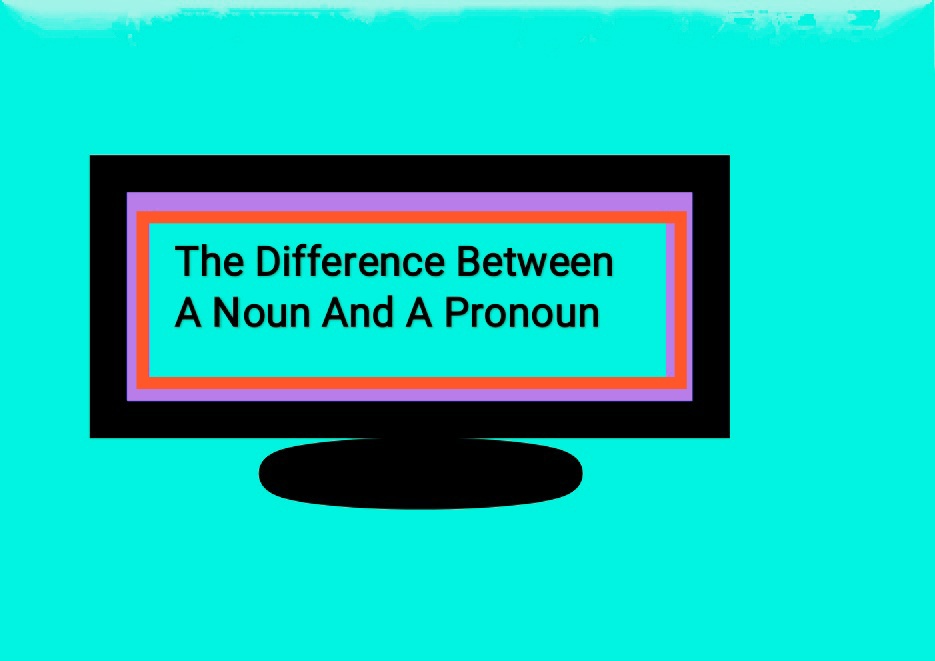What is an Adverb of Place? Definition & Examples

Adverbs are parts of speech that modify or give more information to verbs, adjectives, or other adverbs. One function of an adverb is to tell us the position of the action in a sentence. Let's start what is An adverb of place?
What is an Adverb of Place?
Adverbs that modify or qualify the meaning of a sentence by saying where things happen are defined as adverbs of place. Some instructors refer to these words or phrases as adverbs of place. Whatever they are called, these adverbs always answer one important question: where?How do You Use Adverbs of Place?
An adverb of place is always used to talk about the location where the action of the verb is taking place. Adverbs of place are usually placed after the object or main verb of the sentence. However, some adverbs of place can be directional.To learn more about how to correctly use adverbs of place with your students, check out these common adverbs of place rules:
- Many adverbs of place refer to moving in a certain direction and end in "-ward or -wards".
- An adverb of place always talks about the location where the action is being performed.
- Adverbs of place can be directional, indicating distance or indicating the position of an object in relation to another object. For example, above, between, below, behind, through, around and so on.
- Adverbs of place are usually placed after the object or main verb of the sentence.
Examples of Adverb of Place
Below are examples of how adverbs of place can be used to describe the location of an action in a sentence.- Harry went to Sweden yesterday.
- He will stay there for five days.
- I have booked a hotel room for her to stay here in my room.
- He will stay at Hotel Travis.
- It is located in Stockholm.
- I didn't go there with him, because I have to attend a meeting here.
- I currently work at Titan Corporation.
- My office is in Central Park.
- Central Park is located in New York.
- But I stay at home most of the times.
- I attend my office meetings on time.
- I feel comfortable working at my office.
- Recently I got promoted.
- Sometimes I have to go abroad for work.
- Harry also went to many places with me.
- This time I could not go there with her.
- Once we stayed in Africa for 30 days.
- We visited the Taj mahal in Agra.
- We went to Kashmir and stayed there for seven days.
- Then we went to Darjeeling and stayed at the hotel called Guru Doal.
- We came back to America with a lot of experience.
Test Your Understanding of Adverbs of Place
Fill in the blanks by choosing the most suitable adverbs of place from the list below:(anywhere, here, north, somewhere, in, underneath, nearby, out, there, homewards)
- Can we go ___________ to clear our minds?
- It is raining _________.
- He has been working _________ for six years now.
- Do you live _________ now?
- They headed _____________ after the event.
- Could you please hold the door open when you come ______?
- After placing our luggage in our 2nd floor room, we went _______ to the hotel lounge.
- I am thinking of going _________ to explore the hill country.
- I don't think you can __________ you want.
- Darwin likes to go ________ on full moon night.
- Can we go somewhere to clear our minds?
- It is raining here.
- He has been working there for six years now.
- Do you live nearby now?
- They headed homewards after the event.
- Could you please hold the door open when you come in?
- After placing our luggage in our 2nd floor room, we went downstairs to the hotel lounge.
- I am thinking of going north to explore the hill country.
- I don't think you can anywhere you want.
- Darwin likes to go out on full moon night.
Conclusion
Learning about different adverbs of place and knowing examples will help you understand different aspects of the English language. This will help you draft great content.Eeducationsciencestopic is a website that will help you solve all your grammar problems and resolve them. You can even share your opinion through our comment section.
Frequently Asked Questions on Adverbs of Place in English
What is an adverb of place?Adverbs that are used to describe the position or place in a sentence where an action takes place are called adverbs of place. They answer the question 'where'.
Where is an adverb placed in a sentence?
When modifying a complete sentence, adverbs can be placed in four positions:
- At the beginning.
- At the end.
- After to be and all auxiliary verbs: can, may, will, must, shall, and have. When is used as an auxiliary (eg I have been to Spain twice).
- Before all the other verbs.
See below for some examples of adverbs of place used in sentences.
- The girl was asked to keep the glass here.
- Are you not going out today?
- Will you be leave the table outside?
- Reaching the foothills, we proceeded northwards.
- The little boy ran towards her father the moment he saw her.
Are 'Here' and 'There' adverbs of place?
'Here' and 'there' are some common adverbs of place. Gives a position relative to the speaker rather than to another subject or object in the sentence. 'Here' means in the same place as the speaker, and 'there' means some place slightly away from the speaker.
Examples of 'here' and 'there' as adverb of place:
- Come over here.
- Lunch is over there.
- The food is in here.
- 'Here' and 'there' combine with prepositions to form adverbial phrases relating to place.
- There are some birds up there.
- You come over here and look at this.
- Here are some below.





